How Does Gen Z View the Climate Crisis? A peek inside the minds of youth
How Does Gen Z View the Climate Crisis? A peek inside the minds of youth
Written By
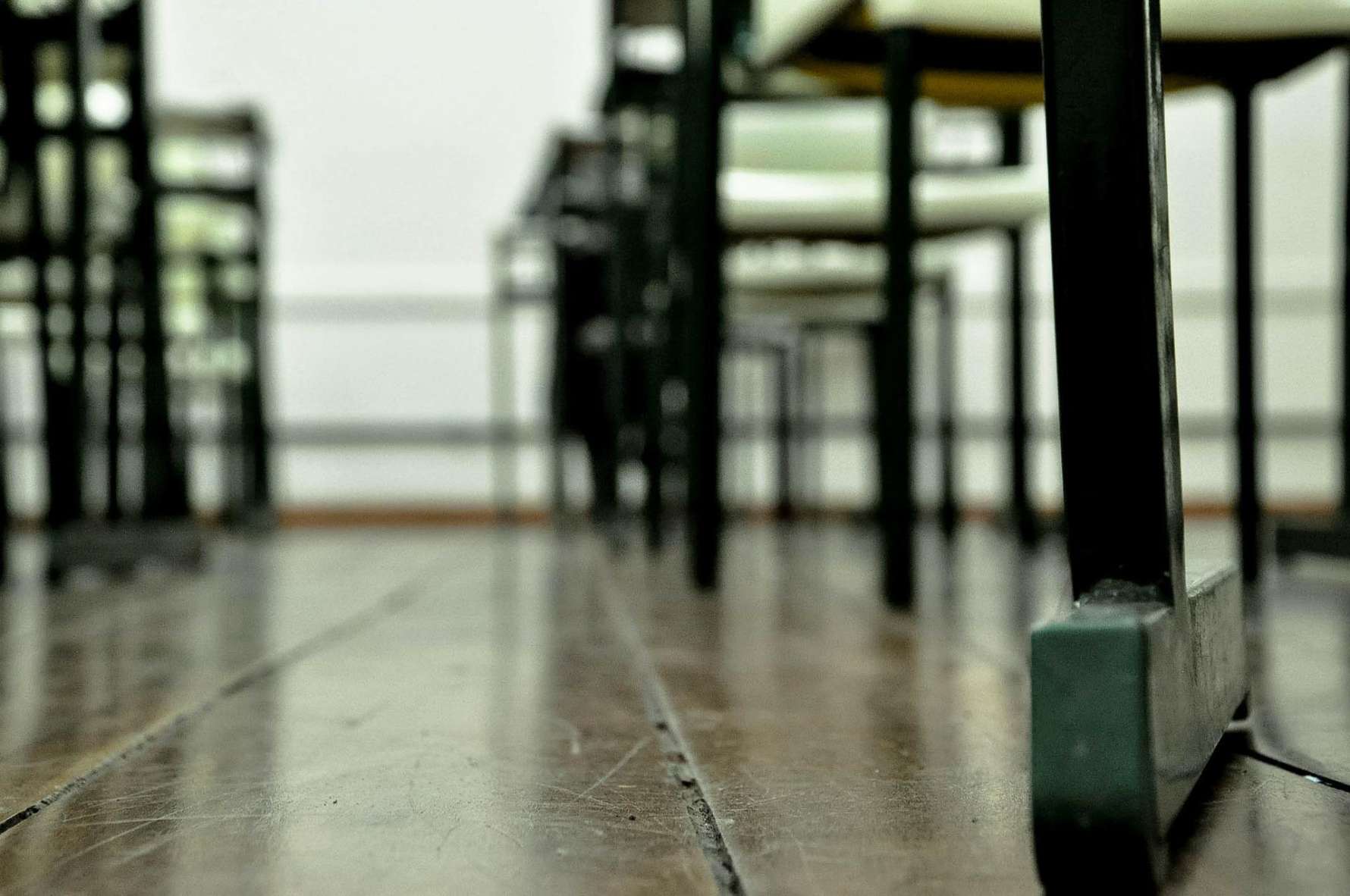
Jump to Takeaways
I was seventeen years old when the true weight of the environmental crisis hit me. I sat in the back of my environmental science class completely shocked. That day, we had taken our carbon footprint quiz. Yes, I had grown up knowing the problems my generation would face. Yes, I was aware of climate change and the troubles it would bring. But staring at the number on my paper and seeing the amount of land and resources it took to sustain my way of life, I finally realized how far away our world, and especially this country, was from where it needed to be.
That moment had a profound effect on me, and in the years since graduating high school and attending college. I’ve realized that many others from my generation have had similar moments. Much of the damage done to our planet was from generations prior but the responsibility of change still falls largely on me and my peers. Although that moment of realization felt bleak, I’ve also had moments of encouragement meeting members of my generation who are galvanized to make a difference the same way I am. We are still young, and just now reaching the age where we have a vote to make a difference, or money to do its own talking. However, many of us have still taken the time to receive our own education, do our own research, form our own thoughts and opinions, and even make our own choices and lifestyle decisions that we hope will make their own impacts. I took some time to engage with a few peers and ask them questions about their thoughts on climate change, the environmental crisis, and how they affect the way they live.
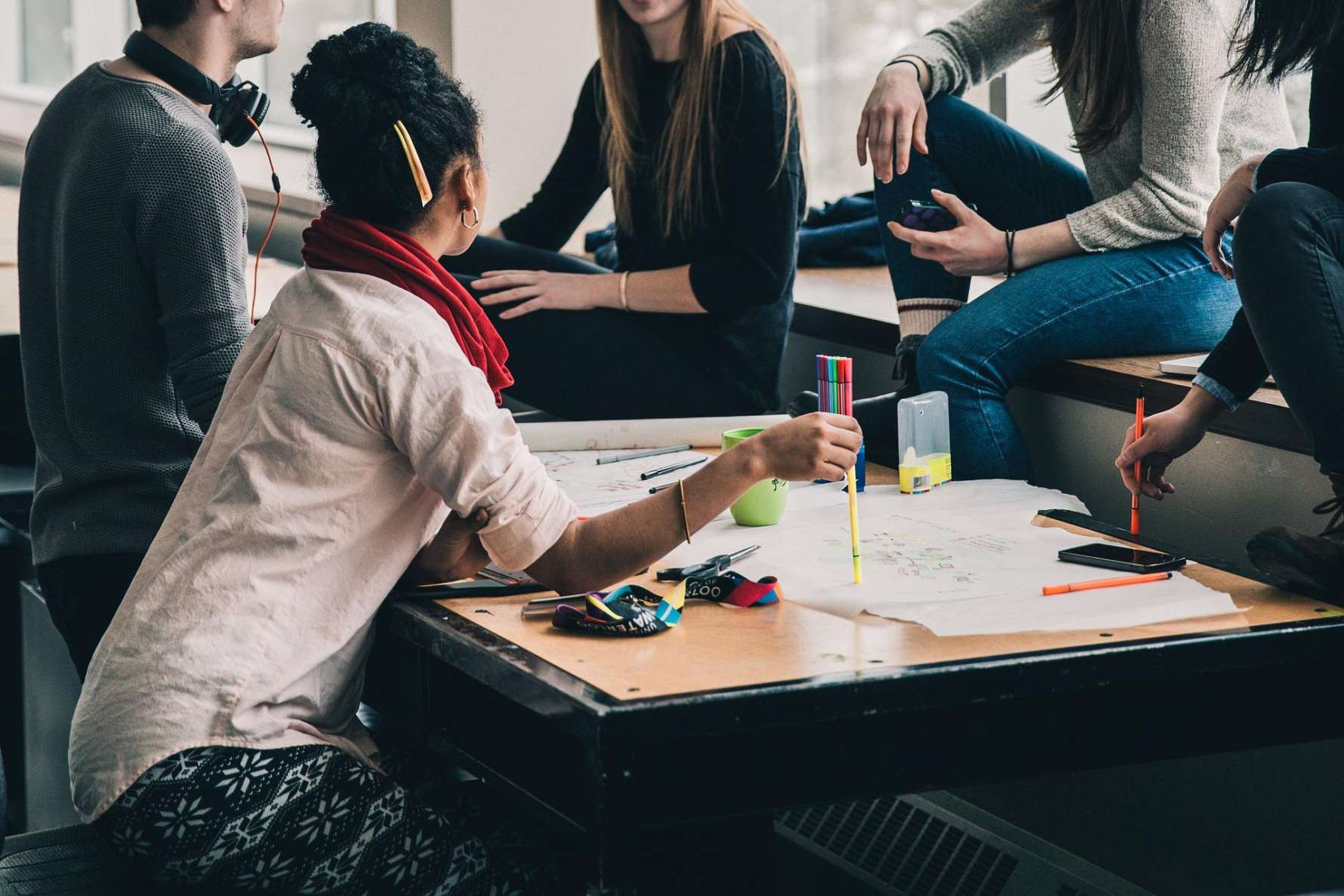
Personal changes are important to create larger change- if to a lesser degree than systemic change
When talking to one student, a twenty-year-old male attending Appalachian State University, he discussed his own personal journey concerning his awareness of climate change. He discussed that the news is full of stories about how the environment is being damaged, but didn’t feel a personal responsibility until doing more of his own research into the causes of these problems. He told me that “The news media is full of coverage of coral reef bleaching and the increase of wildfire prevalence and intensity, but until I began to learn more about the ways humans are causing these changes, I felt disconnected from the problem.”
One of the ways he limits his environmental impact is through changes to his diet. He tries to limit his meat consumption and when he does eat it, he purchases it from local establishments practicing sustainable agricultural techniques. To further reduce his impact, he also chooses to buy clothes that will last longer to reduce his impact from clothing. “By taking a little bit of time every day to consider the health of the planet, I think that young people can help create a broader cultural shift that will encourage the generational change needed in government to make meaningful strides towards a healthier planet” He shared. I find that this is a sentiment echoed by many of our generation as we make gradual shifts in our lifestyles in hope that they will push the needle on the larger societal culture. If we can normalize things such as sustainable diet or fashion, hopefully this will make an impact on other industries and aspects of life as well, and even make better environmental policy not seem so radical.
There is frustration with the current environmental policy (and lack thereof)
During a conversation to another student, a twenty-year-old woman at UNC Chapel Hill, she also keyed on the need for broader change. Her journey to environmental awareness was similar to mine, stating: “I was a sophomore in high school in an AP Environmental Science class where I first began learning about climate change and the environment. She [her teacher] spoke with such a passion that I knew it must be important.” When asked about her feelings toward climate change, she expressed her frustration with our current societal system. She says that structural and policy-based change is what is needed to make a substantial impact. This macro-based attitude is one I see reflected in many students. It’s hard to make personal decisions that truly make a difference when our government actively supports fossil fuels and massive corporations are doing far more damage then we could ever imagine. We feel a desperate need to fight entrenched systems created as a result of laws passed by generations before us which are actively harming our generation’s future.
When I asked her about personal decisions she makes to try to make an impact, she tells me that her concerns about the environment have affected her chosen career. She decided to pursue environmental law to have a direct impact on the changes she feels need to be made. Despite her belief that policy change is the best way to combat our environmental crisis, she still chooses to live a more sustainable lifestyle by supporting environmentally friendly businesses and avoiding products that are harmful to the environment. This once again highlights some key feelings from our generation. Environmental degradation is happening at a rate that individual changes alone will not have a large enough impact. While she continues to make her own personal choices to help the environment, she highlights the need for people to use their vote and money to push for broader change.
Youth feel the real path forward is through policy and economic reform
A third interview I did with a female student from Illinois echoed similar sentiments from the first two. When asked about her attitude toward the environmental crisis, she discussed how legislation changes are needed to make true progress. However, she does add that encouraging sustainable habits is a good way to create small steps towards change, and push the issue to the forefront of people’s minds. I found this second point very compelling. Small personal changes can have a ripple effect when it comes to the environment. Not only do they have their own merit, but having personal, sustainable habits can raise awareness for others, especially when some of these actions can be counter-cultural. Using reusable napkins or a hankie instead of tissues may seem odd to your peers, but the questions you receive are an opportunity to educate and spread awareness of the problems we face. All of a sudden, your small action’s impact has increased in a substantial way. The more we are able to remind others of climate change and its consequences, the likelier they are to use their vote to invoke the bigger change all of our young interviewees have called for.
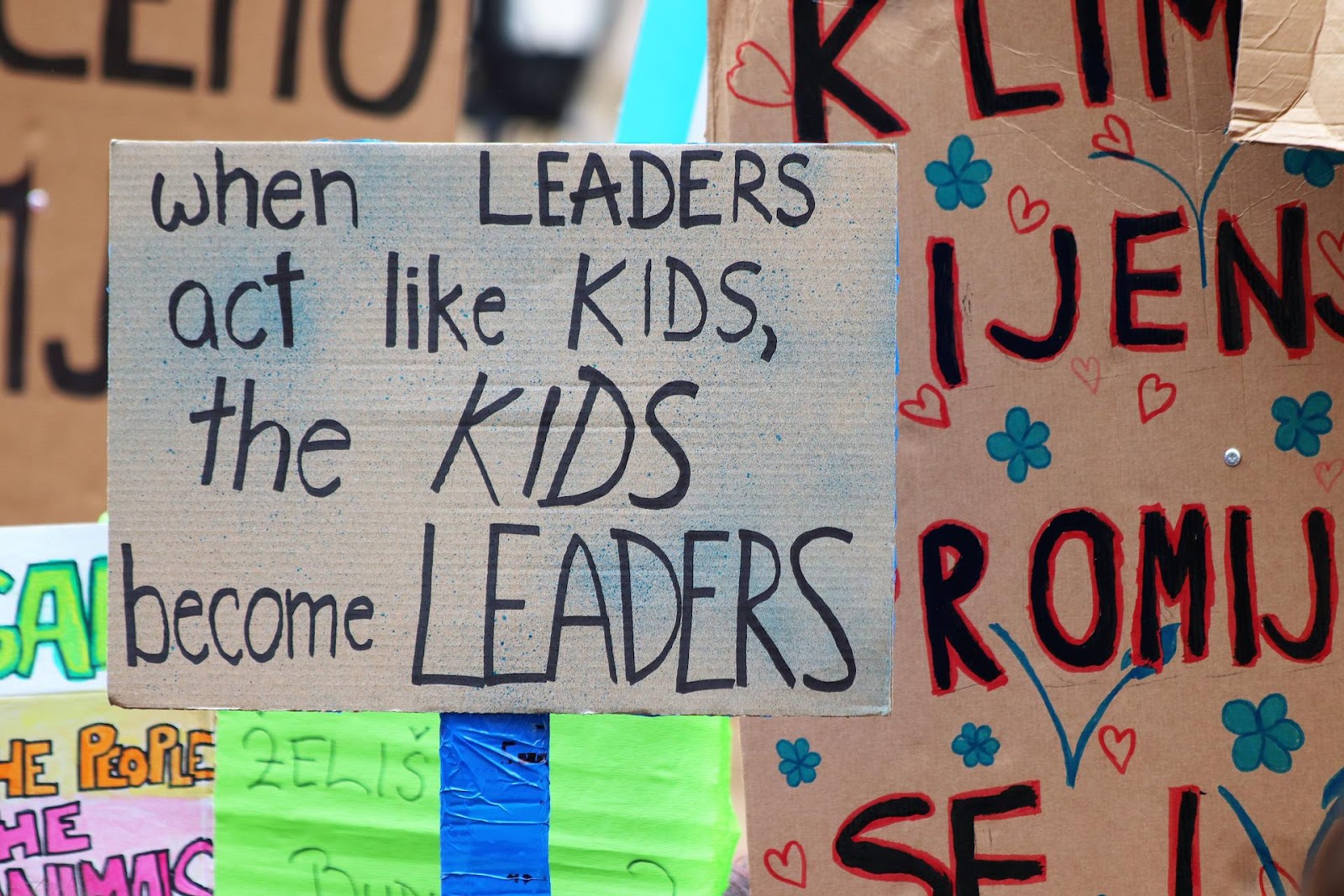
As for me, a male student at UNC Chapel Hill, I share a lot of the same feelings as those I interviewed. Climate change has influenced my studies and career path. I try to reduce my meat consumption and only shop for second hand or sustainably made clothing. I vote with my wallet, by shopping at businesses that are making environmentally friendly decisions, and support politicians who are actively seeking change. I am frustrated by the governments, businesses, and economies of the world that work against us, and long for legislation and corporations to move the needle. Despite this frustration, I still do what I can in my own life, just as all of the students I talked to. We take little steps forward, but keep our eyes on the goal ahead.
What resonated most with me while having these conversations, was the last thing said in my third interview. When asked about any messages she would like to communicate about climate change, she said : “I mean, it is the most important issue we face. All of the others become obsolete in the face of a failing planet.”
Our generation is running out of time, and we know it. As we begin to enter society, we are chomping at the bit to create change. We mold our lifestyle, use our wallets, and cast our votes. We feel saddened, frustrated, and even a little let down by the current system, but we are ready to fight. We would love to not have to do it alone. We ask for anyone who is willing, examine your own life. What can you change? How can you make an impact? Do your own research, educate others, use your wallets, and use your vote.
Takeaways
- Youth feel the real path forward is through policy and economic reform
- There is frustration with the current environmental policy (and lack thereof)
- Although personal changes have less impact, they are still important in order to create larger change.



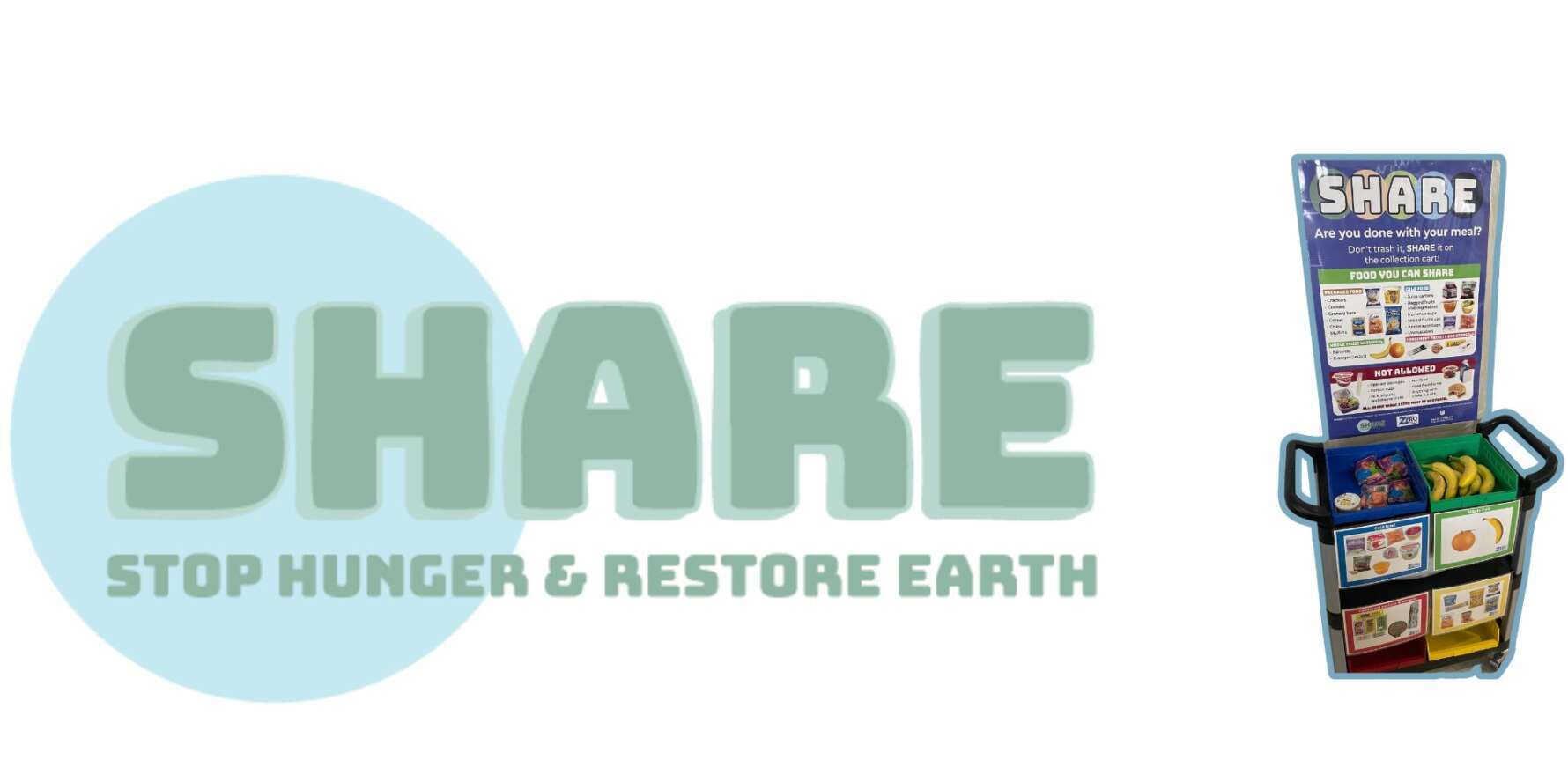


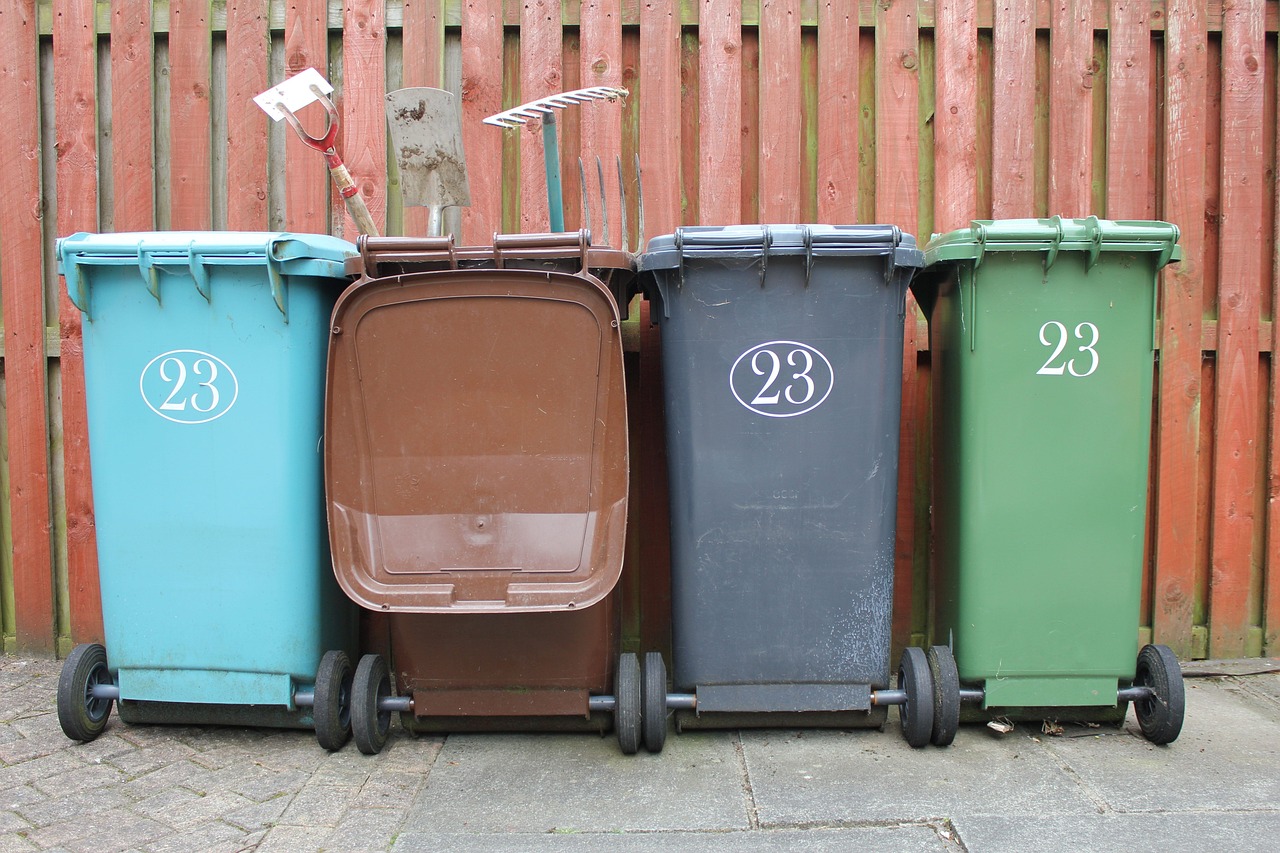
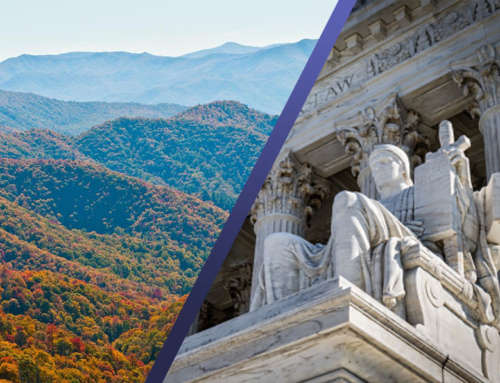
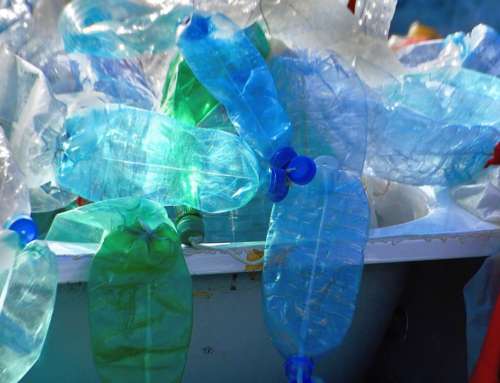
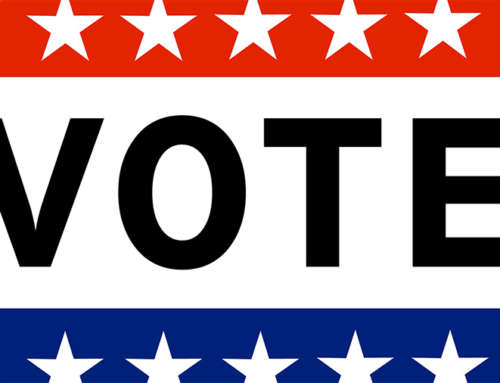

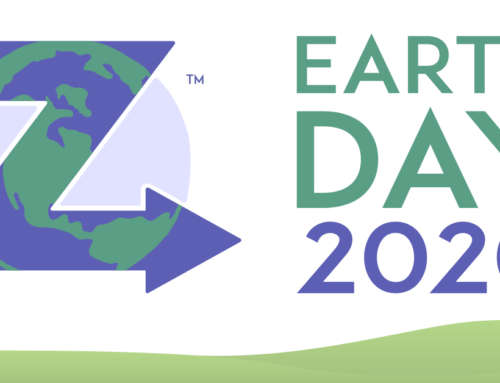
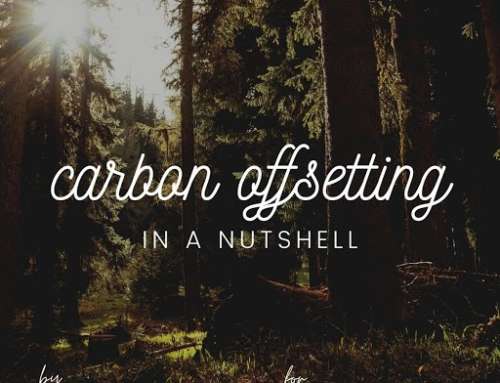







As a senior, I was interested in learning what the younger generation is focusing on…little by little, change for a better planet can happen….if not for my lifetime, then for my grandkids lifetime.
Although at age 78 I am not a “resident” of GEN Z, I can honestly say that it is not too late for those prior generations who, generally unknowingly messed up the world, to change bad habits. I applaud GEN Z for pointing out what we did wrong and for what we can do to help fix what was broken. Continue your good work. You will make a difference. Thanks.